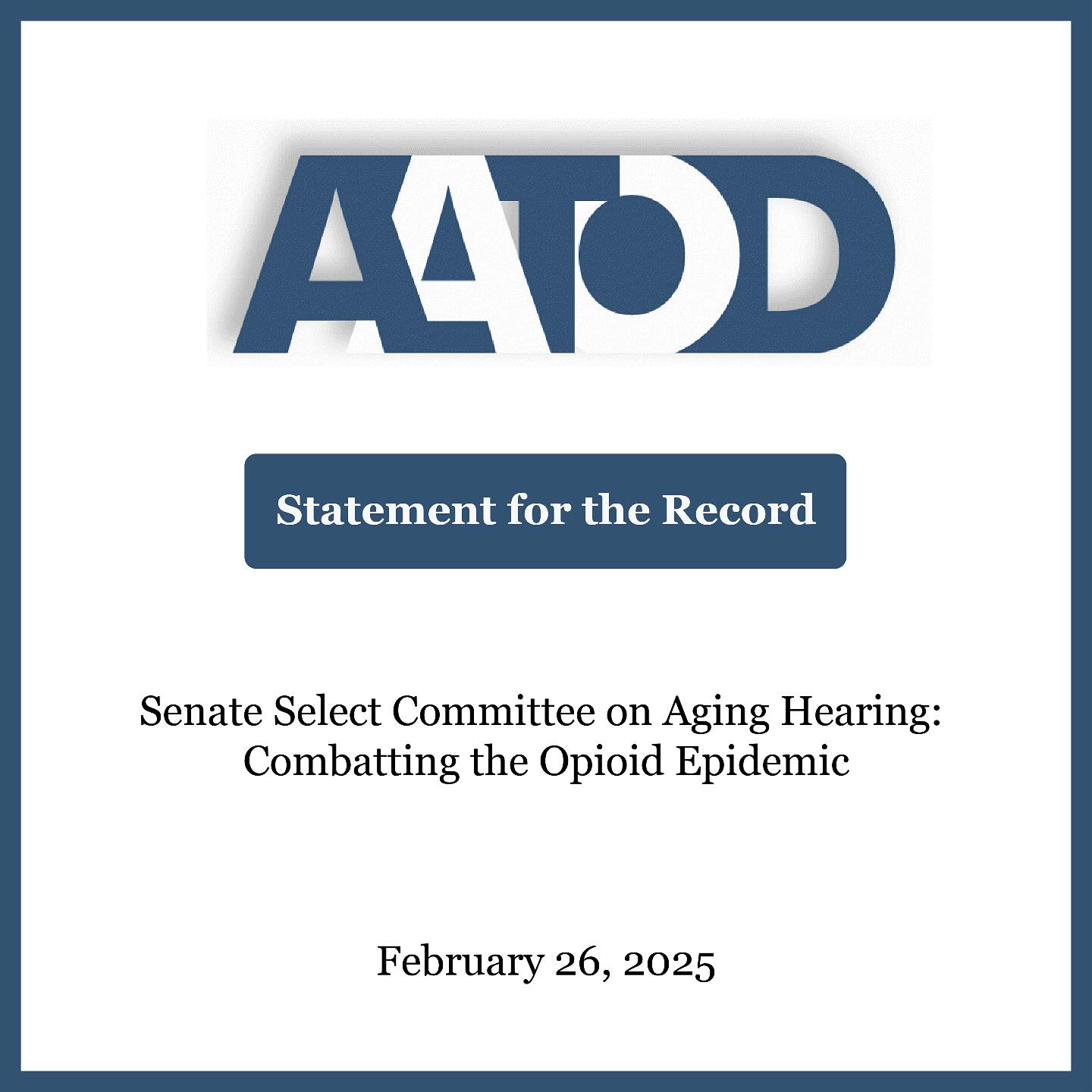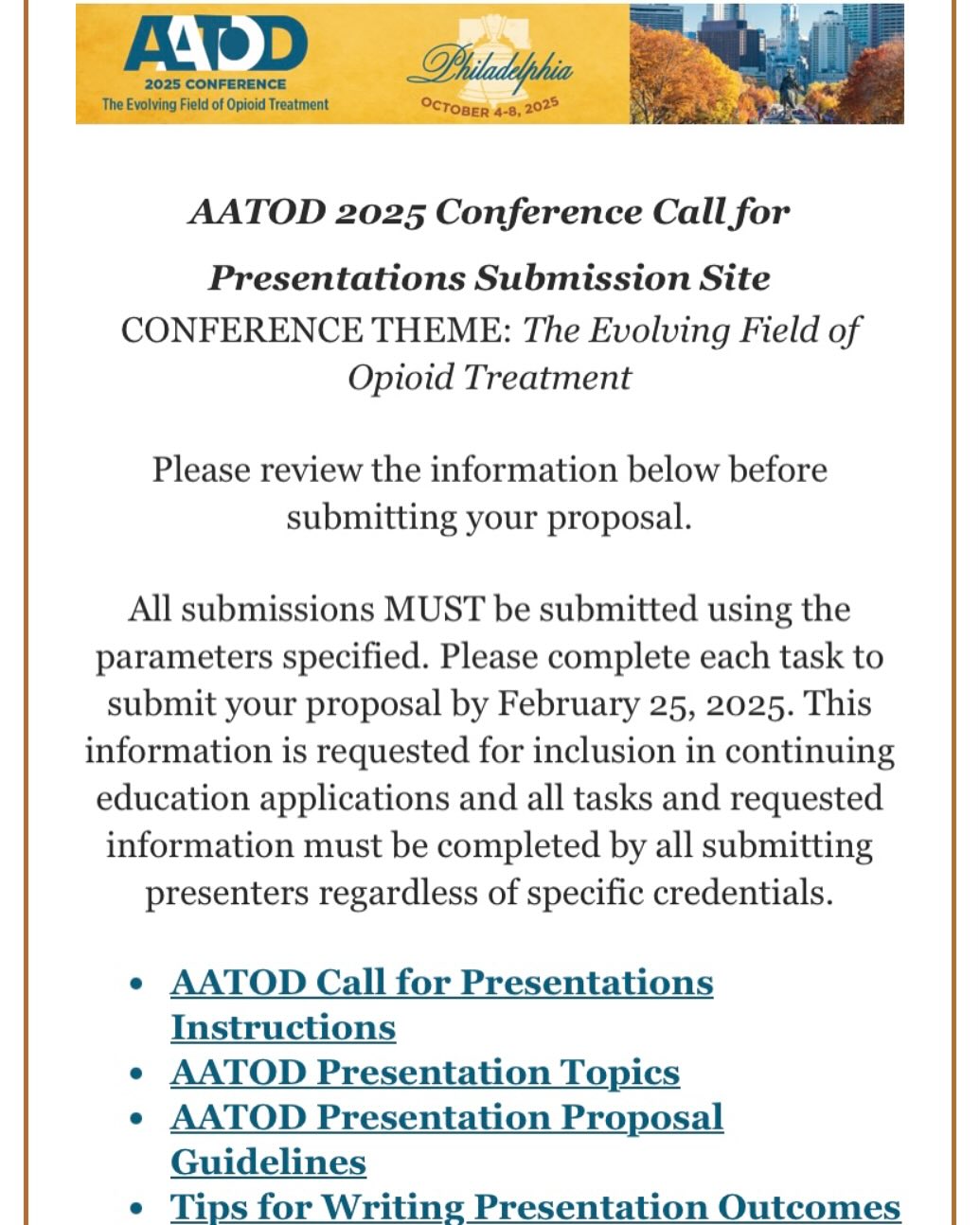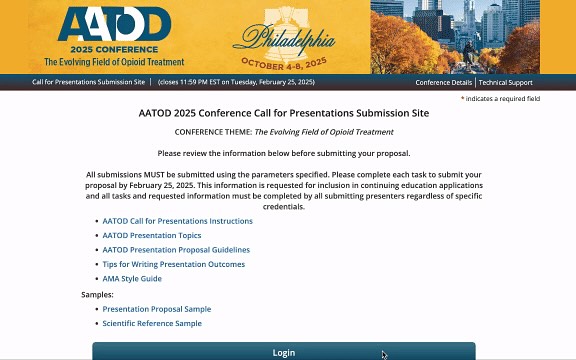Introduction
Absent regulations or published practices for Guest Medication, AATOD is providing these recommended “Guest Medication” guidelines. Guest Medication provides a mechanism for patients who are not eligible for take-home medication to travel from their home clinic for business, pleasure or family emergencies. It also provides an option for patients who need to travel for a period of time that exceeds the amount of eligible take-home doses to do so within regulatory requirements. While AATOD acknowledges there may be state and program variations, AATOD believes that Guest Medication should be patient centered, respectful, and compassionate.
Guest dosing takes careful planning. It is understood that emergencies occur and arrangements may need to be expedited to accommodate personal situations. Programs are encouraged to do the best they can to accommodate emergencies.
Guest dosing is not, however, a veiled mechanism to discharge a patient. The Sending Clinic must accept the patient upon return from the Receiving Clinic unless other arrangements have been made. Program transfer arrangements are outside of the scope of this guidance and should be the responsibility of the patient and home clinic.
Sending (Home) Clinic: It is the Sending Clinic’s responsibility to determine eligibility for travel.
1. Safety is of the utmost concern. AATOD recommends that programs consider the following
- The patient should be in good standing with the Sending Clinic
- The patient should not guest dose during the induction phase of treatment
- The patient should be on a stable dose and not scheduled for a dose increase or decrease during guest dosing
- The patient should be medically and psychiatrically stable
2. Arrangements should be confirmed prior to sending a patient to another clinic. The Sending Clinic should forward information to the Receiving Clinic, 1-2 weeks prior to the patient’s anticipated attendance, absent an emergency.The information should be faxed or mailed (not emailed) to the Receiving Clinic prior to the patient’s arrival. A copy of the information should also be given to the patient in a sealed, signed envelope for the patient to present to the Receiving Clinic. Information should include at a minimum:
- A valid release of information signed by the patient
- Current medications
- Date and amount of last dose administered or dispensed (provide nurse to nurse verification if required by the Receiving Clinic)
- Physician order for guest dosing, including first and last dates of guest dosing
- Description of clinical stability including recent alcohol or illicit drug abuse
- Any other pertinent information
3. Provide the patient with all pertinent information that the patient will need prior to arrival at the Receiving Clinic including:
- Contact person, address, directions and phone number of the guest clinic
- Fee payment requirements
- Times for medication administration
- Instructions to carry picture identification (driver’s license, passport, or other document verifying identification)
The Receiving (Guest) Clinic: AATOD recommends the following for receiving a guest from another clinic:
- Respond to the Sending Clinic in a timely fashion, verifying receipt of information and acceptance of the patient for guest medication as quickly as possible.
- Provide the same dosage that the patient is receiving at their Home Clinic, and change only after consultation with Sending Clinic.
- Set a reasonable fee that covers the cost of medicating a patient and does not seek to procure excess profit through these transactions. If there are additional financial requirements, such as an administrative fee and/or physician visit, this must be communicated to the Sending Clinic prior to confirming a guest-dosing arrangement.
- Provide address of clinic and dispensing hours.
- Determine appropriateness for dosing prior to administering a dose or issuing a take-home dose to the guest-dosing patient. The Receiving Clinic has the right to deny medication to a patient if s/he presents inebriated or under the influence, acting in a bizarre manner, threatening violence, loitering, or inappropriately interacting with patients.
- Communicate any concerns about a guest-dosing patient to the Sending Clinic including termination of guest-dosing if indicated.
- Communicate last dose date and amount back to the Sending Clinic.
Patient Responsibilities:
- Shall carry his/her information sheet from his/her home clinic.
- Provide required identification to the guest-dosing clinic.
- Provide the required fees to the guest-dosing clinic.
- Know the name of a contact person that his/her home clinic has talked to in case there are any problems.
- Present in the best possible manner. Know that the terms under which s/he could be refused medication from the guest clinic.






























